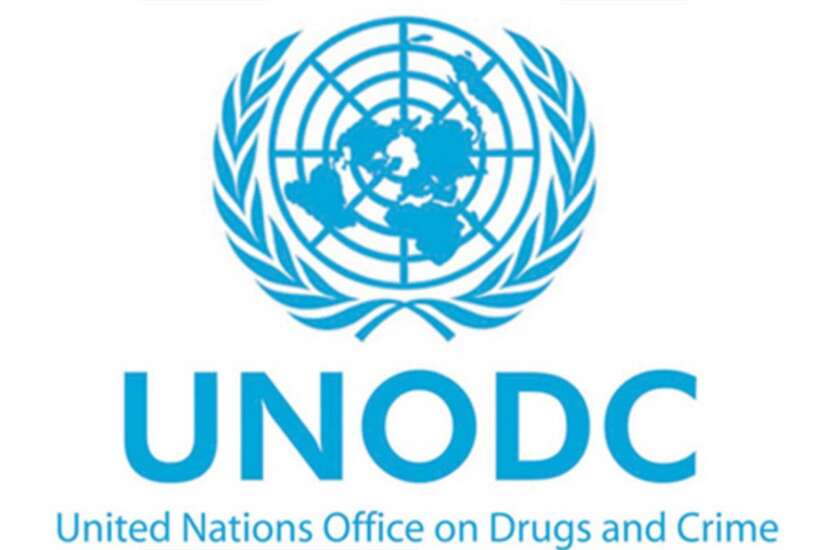Bangkok (Thailand), 2 April 2024 – A first-ever mapping of waste trafficking trends from Europe to Southeast Asia has been published today. Produced by the UN Office on Drugs and Crime (UNODC) and the UN Environment Programme (UNEP), the new research sheds light on how criminal actors exploit legal trade and regulatory and enforcement loopholes for financial gain. It also explores the negative impact this crime has on the global circular economy.
Southeast Asia remains a key destination for illicit waste shipments, the report reveals, with Europe, North America, and Asia identified as primary regions of origin. Common tactics include false declarations, a lack of or incorrect notifications to circumvent regulations and avoid controls, along with missing or inadequate licenses or documents.
“In today’s globalized world, waste management has become an increasingly pressing concern in which production, consumption habits, waste crime, waste trafficking, corruption, organized crime, money laundering, and the circular economy are intertwined,” said Masood Karimipour, UNODC Regional Representative for Southeast Asia and the Pacific. “The crime of waste trafficking is taking away the value that legal, well-regulated waste trade brings to sustainable economies.”
Data collected from four Southeast Asian countries, three major European Union ports, and international enforcement operations highlight efforts in tackling illegal waste shipments by both origin and destination countries. However, despite regulatory and enforcement measures implemented by countries in which illegal waste ends up — such as Indonesia, Malaysia, Thailand, and Viet Nam — waste trafficking continues to pose a major challenge in the region.
“Waste trafficking is a crime that has a profound impact on the environment, bringing high profits and low risks to perpetrators. If we are to fight this crime, we must change this by closing regulatory gaps, increasing enforcement, and strengthening cooperation at home and abroad,” said Preeyaporn Suwannaked, Director General of the Pollution Control Department of the Ministry of Natural Resources and Environment of Thailand.
The report, titled Turning the Tide: A Look Into the European Union-to-Southeast Asia Waste Trafficking Wave, is a flagship within a series of publications that explore corruption, cybercrime, and legal loopholes as causes behind the problem. It is part of a comprehensive project (Unwaste) to address waste trafficking and its impact on the global circular economy.
“The environmental impacts of waste trafficking are contributing to the pollution crisis and need to be addressed. To do this, we must pursue good environmental governance and robust environmental rule of law. Projects such as Unwaste are critical in tackling issues through a multi-sector, multi-disciplinary approach. UNEP is proud to be part of the project, which advances solutions aimed at ensuring a healthy planet and a sustainable future,” said Patricia Kameri-Mbote, Director of the Law Division in UNEP.
Key types of waste trafficked include plastic, e-waste, metal, and paper, with mixed materials, textiles, vehicle parts, industrial, and medical waste also frequently encountered. Upon arrival at destination, take-back or repatriation procedures are a major challenge as shipments often cannot be traced to their countries of origin. Abandoned or unclaimed containers at ports exacerbate the issue, further complicating enforcement and investigation efforts. As a result, most waste ends up in illegal landfills, the ocean, or burnt in the open.
Often, penalties are disproportionately low compared to the potential environmental and health damage inflicted on destination countries. The research also shows a concerning lack of available data to assess the full scale of waste trafficking and identify the connections between criminal actors involved.
The report, which has been financed by the European Union, stresses the urgent need for further regulatory reforms, enhanced international cooperation, capacity development, research, and data along with stricter enforcement measures to combat waste trafficking effectively.
Click here to learn more about the Unwaste project.

